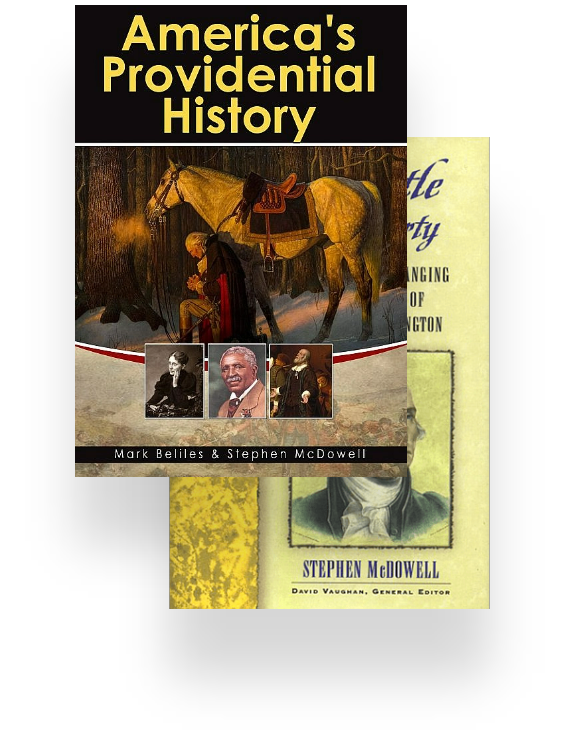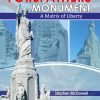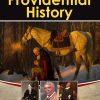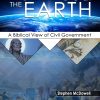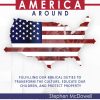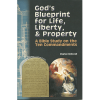Educated for Liberty
America’s Future Depends on Your Child’s Education
Written and hosted by Stephen McDowell
Educated for Liberty explores how home-centered biblical education produced the free and flourishing nation of America, while secular education has led to great moral and academic decline. Restoring biblical education is the solution to our loss of liberty and excellence. This film examines the characteristics, model, fruit, and societal impact of biblical education, as well as the roles of the family and the church in educating future generations. Through numerous stories and interviews of Christian educators, school administrators, teachers, pastors, and parents, Educated for Liberty seeks to encourage families to govern the education of their children. It is intended to inspire pastors and leaders in the church to become actively involved in education, thereby assisting parents in fulfilling their responsibility to educate their children.
DVD, 100 minutes
Those interviewed in the film include: Sam Sorbo (Actress), David Barton (Founder WallBuilders), Meeke and Wil Addison (Culture Proof), Michael Farris (Founder HSLDA and Patrick Henry College), George Barna (Author, Pollster, and Professor), Walker Wildmon (American Family Radio), Carol Swaim (Professor), Alex Newman (Author and Journalist), Abraham Hamilton (American Family Association), Leigh Bortins (Founder Classical Conversations); Alex McFarland (Author and Educator); Jeff Keaton (President Renewanation); Tim Barton (President WallBuilders); E. Ray Moore (Exodus Mandate); Rhonda Thomas (Truth in Education), Dave Brat (Former Congressman, Liberty University), Carole Adams (Foundation for American Christian Education), Max Lyons (The Biblical Thinker), Carl Broggi (Pastor), Carey Gordon (Pastor) and more.
This film can be viewed online for free here. Educated for Liberty is a project of the Providence Foundation and Create Studios (Dale Robinson, President).



